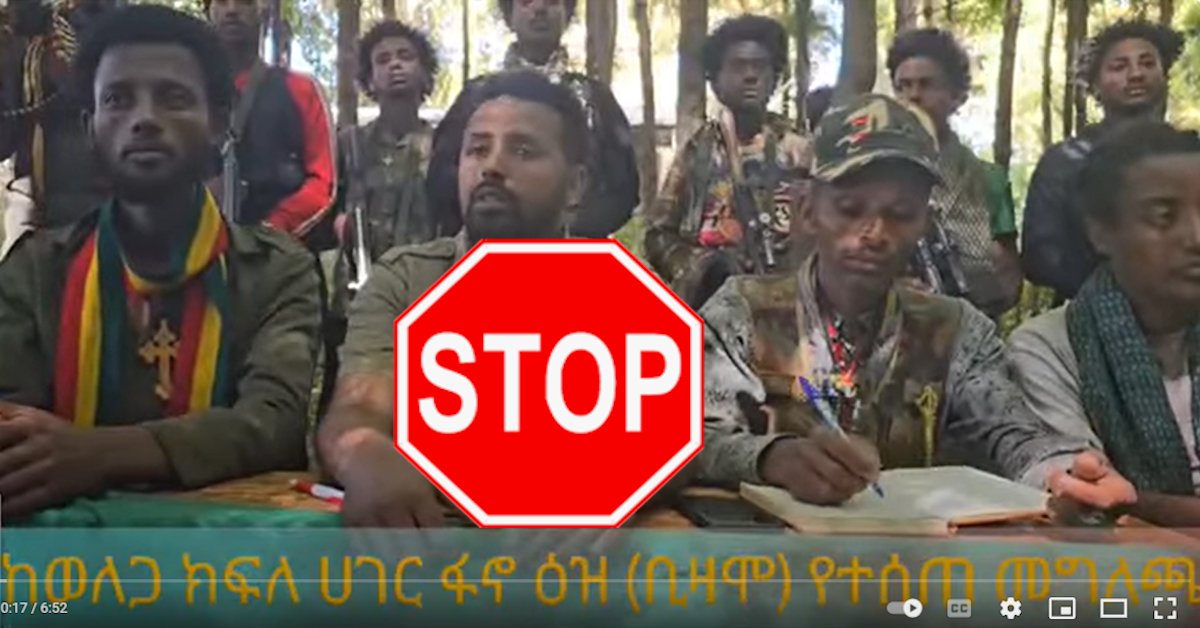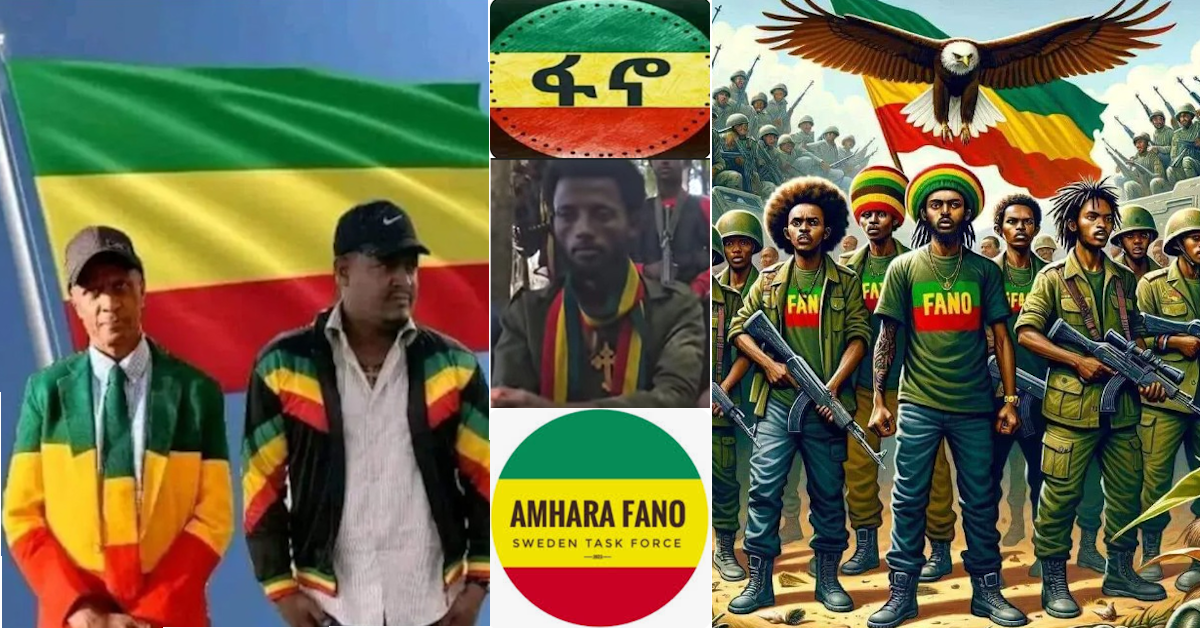An Ad Hoc Personal Blog on Current Affairs.
Look no further! I’m not talking about Shakespeare’s play. I’m simply borrowing its title as a metaphor.
A “comedy of errors” typically describes a situation marked by a cascade of mistakes, misunderstandings, or coincidences that spiral out of control, often with humorous or absurd results. When people refer to a scenario as a “comedy of errors,” they’re highlighting a sequence of unfortunate events or mishaps that compound one another—usually due to miscommunication, mistaken identities, or sheer bad luck. It’s a way of pointing out how small errors, if left unchecked, can escalate into a full-blown fiasco.
On a deeper level, this expression also emphasizes our human tendencies. Our imperfections, assumptions, and limited perspectives can easily complicate situations, making them far more chaotic than necessary.
Sometimes, when confronted by the absurdity of what unfolds in public life—like a public figure or elite saying something they’d be better off not saying—it’s challenging to understand the logic behind it. Why do certain people say things that defy logic or decorum?
You might think the USA, especially in the throes of an election cycle, is the land of unending absurdities. But no—if there were a global “Comedy of Errors” league, my home country, Ethiopia, would be unmatched. Let me explain why, with a few interesting anecdotes.
Ethiopian politics has captivated my attention since 2018, and we both know what that timeline signifies. Thanks to social media, someone like me, now living in Washington, D.C., can stay just as informed as someone living in my childhood neighborhood of Qaallittii (is it part of Shaggar city these days?). Setting aside the nostalgia, I keep up with the extremely polarized news, propaganda, and misinformation, much of it broadcast from close quarters here in DC.
Three recent events—a mix of the absurd and the darkly comic—have especially caught my attention, and I think they fit the “Comedy of Errors” theme I mentioned. Although some might not see much comedy in these stories, I’ll call it “black comedy” to fit the context I’m setting.
Here are the three anecdotes, in no particular order:
- Mr. Habtamu Tegegne’s extremist, racist tirade: I hesitate to call him “professor” for two reasons: i) he doesn’t deserve the title due to his lack of professional courtesy, and ii) according to Rutger University faculty website, he’s only an associate professor, not a full one, so he shouldn’t even use the title in good standing. It’s astonishing to see a “professor,” imported from Ethiopia to a Western institution, delivering a speech so ridiculous it could rival Nazi propaganda!
- Mr. Temesgen Tiruneh lecturing Africans on the importance of accurate statistics: This adds another level of absurdity. It’s no exaggeration to say that Mr. Tiruneh has spent his career working for a government that routinely manipulates statistical figures!
- Col. Abiy Ahmed mocking the 50-year OLF struggle just the other day: This recent addition to the mix certainly qualifies as dark comedy.
I’ll now expand on each of these anecdotes in separate episodes. Let’s begin with Part 1 below.
Part 1: On Mr. Habtamu Tegegne’s Extremist Racial Tirade
Mr. Habtamu Tegegne, along with six collaborators, presents himself as a representative of the International Coordinating Committee of an extremist paramilitary group called Fano, based in the Amhara region. Fano has been actively waging conflict in Amhara and conducting violent raids in the Oromia region over the past year or so. It’s worth recalling that during the Tigray war four years ago, Fano, armed and supported by federal and regional governments, and with the blessings of the Ethiopian Orthodox Church (EOC), joined forces with the Ethiopian National Defense Force (ENDF) to commit acts of genocide in Tigray.
Now, regarding Mr. Habtamu Tegegne: he uses his title of “professor” to assert authority, but in doing so, he distorts history with brazenly unethical and professionally dishonest rhetoric. Driven by intense hatred, he appears fixated on elevating the Amhara people above all other Ethiopian ethnicities, particularly targeting the Oromo. It’s no exaggeration to say that, on any scale of hatred and racism, his views would rank at the extreme apex. His hate-driven propaganda belongs to a dark era, casting the Nazi propaganda of the last century in a good light. He openly calls for the extermination of the Oromo people, describing their coexistence with Amharas as unacceptable. Among his reasons is his bizarre claim that Oromo-Amhara intermarriage over the past 450 years has only produced “sterile offspring.” He goes so far as to depict Oromos and Amharas as different “species,” implying the superiority of one over the other. Where he finds such absurd “historical” evidence, no one knows. He even uses metaphors like “mules” to describe the Ethiopia of Oromos and Amharas as sterile, and likewise “water and oil” to claim Amhara and Oromo are non-mixing races—even though these two groups have intermarried and coexisted for over a century. Amharas are, in fact, the largest non-native ethnic group in Oromia. So, what is this supposedly educated Amhara “professor” really up to? What’s his mission?
Mr. Habtamu Tegegne’s racist rants don’t stop at the Oromo people; he also viciously targets individuals. One politician, Mr. Lidetu Ayalew, was threatened—not just him but all connected to him, up to seven generations. Such hostility raises serious questions about Mr. Habtamu Tegegne’s sanity, yet he has stirred significant conversation on social media. One of the “crimes” for which he condemned Mr. Lidetu Ayalew was that he dared to join a political discussion with Professor Ezekiel Gabissa, an Oromo scholar. Remember, in Habtamu’s view, Amharas and Oromos “shouldn’t mix.” Similarly, he threatened Mr. Gedu Andargachew, who promoted the “OroMara” spirit in 2018. For Habtamu, the mere acronym “OroMara” is an insult—akin to “OilWater,” according to his recent extremist comments.
Mr. Habtamu Tegegne is no stranger to controversies involving Oromo and Amhara relations, and his ongoing historical revisionism suggests he’s aiming for something big. His fictional book, Barara (Addis Ababa’s Predecessor): Foundation, Growth, Destruction, and Rebirth (1400–1887), is a pseudo-historical attempt to claim Addis Ababa (which I prefer to call Finfinnee) as part of Amhara, not Oromia. It’s as if he expects Oromos to treat this fictional work as gospel and surrender Addis Ababa. What audacity, what absurdity! A memorable social media comment summed it up well for me: “Do they now award professorships for stupidity?”
Historical “revisionism” is nothing new to the Oromo people, who are all too familiar with Amhara scholars—often palace “debteras”—manipulating history to serve an agenda. These scholars once absurdly claimed that Oromos “emerged from the sea” or “came from Madagascar,” when mass transport of shipping lines or Ethiopian Airlines didn’t even exist to support such a claim. Habtamu’s book is merely the latest in this long line of dabtera-style pseudo-history.
No rational person should take Mr. Habtamu Tegegne as a representative of the Amhara people. He is a man possessed by racial hatred—if there’s such a thing as “racial-hatred steroids,” he’s on them. Isn’t education supposed to broaden the mind and foster tolerance? Perhaps Mr. Habtamu Tegegne missed that lesson. Perhaps he is not educated as he claims to be.
Unfortunately, Mr. Habtamu Tegegne is not alone. There are quite a significant number Amhara elites who share his outlook including the thousands of domestic and diaspora Amhara activists, digital media podcasters, academicians, just to mention a few. As for Mr. Habtamu Tegegne, it makes you wonder where these people received their education.
As I was writing this opinion, I was listening to a podcast analysis on this very topic by a certain digital media outlet. I was surprised to learn that Mr. Habtamu Tegegne and his six collaborators from the International Coordinating Committee were doubling down on their stance, which has been widely condemned by nearly all media directly or indirectly connected with Ethiopia. Rather than retract their incendiary remarks, they asserted that what we have witnessed so far is merely the tip of the iceberg, suggesting that even more controversial statements and actions are yet to come.
This troubling reality makes one thing clear: if Ethiopia disintegrates, it will not be due to forces seeking self-determination or independence, such as the OLF-OLA. Rather, it will be because certain Amhara elites are fixated on an unachievable vision of a unitary Ethiopia reminiscent of the past and/or are pursuing an unrealizable Greater Amhara through an intense expansionism project. These ambitions are driving other groups to the edge, effectively pushing the Ethiopian empire to the brink of collapse by undermining efforts toward a more unifying approach, such as what appears to be an ongoing experimental multinational federalism.
Part 2: Mr. Temesgen Tiruneh Lecturing Africans on the Importance of Accurate Statistics
Coming up…
Part 3: On PM Abiy Ahmed’s Mockery of the OLF’s Fifty-Year Struggle
View a detailed article on this topic here.

